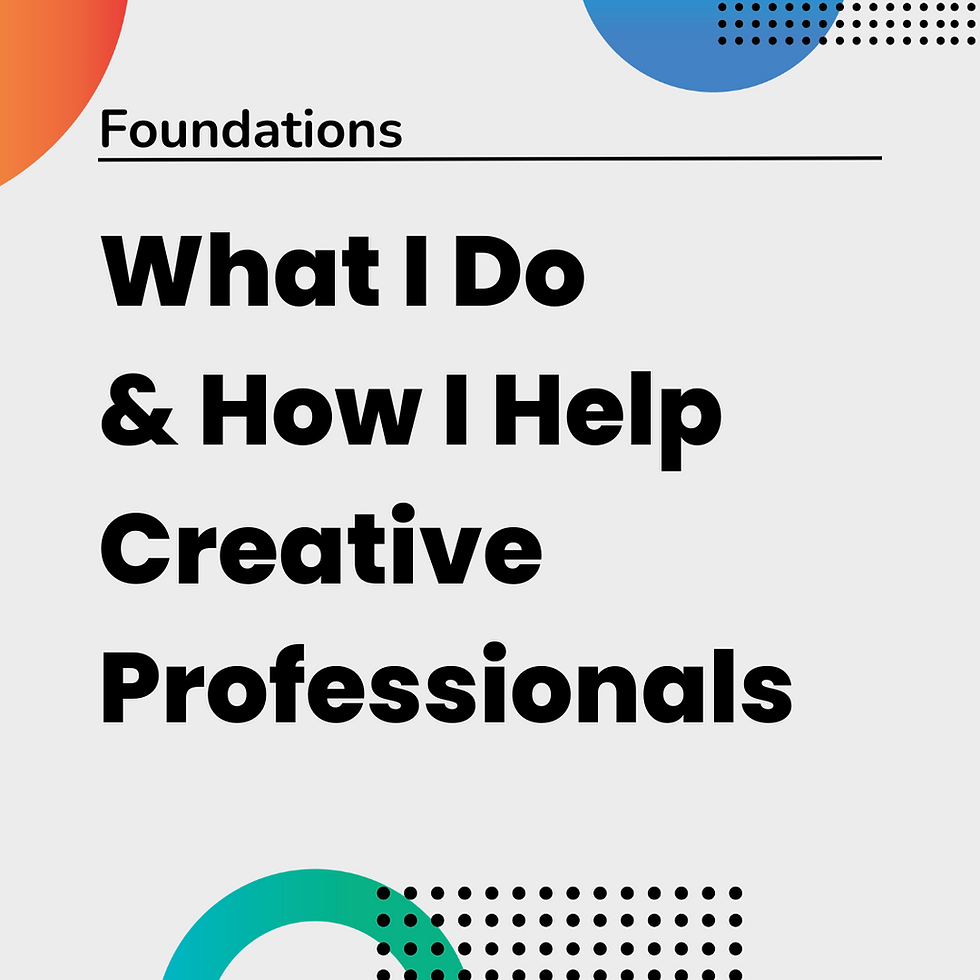Love The Practice, Not The Goal
- Timothy Iseler

- Jun 6, 2024
- 3 min read
There's a famous Buddhist axiom that goes, "before enlightenment, chop wood, carry water. After enlightenment, chop wood, carry water." While I doubt the originator of the phrase had heard of the hedonic treadmill, it's a great counterpoint to the "always a little bit more" mentality that is so easy to fall into.
Chances are that at some point in your life, you've had a thought like: once I get/have/am {fill in the blank}, then I can finally relax/be happy/stop worrying. Perhaps you're thinking that right now about the next challenge or opportunity on your horizon. What we all kind of know but don't want to believe is that there is rarely (never?) some next step that fixes everything or takes away all worry.
This is called the hedonic treadmill: the tendency for humans to achieve the next, new level of success, then quickly return to a relatively stable level of happiness despite the positive changes.
The first bit of good news is that it happens to everyone. It's part of our evolution to always want things to be a little bit better, because striving for more food, more stability, more success increases the likelihood of survival. So don't feel bad if you've found yourself in the ol' if-only-X-then-I-could-finally-Y thought loop.
The next bit of good news is that, even though we can never really get off the hedonic treadmill, we can still learn to enjoy the ride! Goals are super important for that same evolutionary impulse, but – interestingly – the best way to pursue & eventually reach your goals is to focus on the process rather than the outcome.
Here's an example: let's say you want to learn a new musical instrument. The outcome goal is proficiency, but actually becoming proficient requires lots and lots and lots of practice. You'll probably be fairly bad for a fairly long time, then slowly get a bit better and a bit better until you're kind of ok. If you only focus on the outcome, it's easy to get frustrated and give up. (Lots of people do.) But if you can learn to appreciate the hours of practice, then the time spent gaining that ability becomes something to look forward to. Even better – once you reach proficiency, there's no reason to stop because playing the instrument becomes intrinsically rewarding.
This idea can be applied widely in your life, from preparing dinner to learning a new skill to tending a garden, and, yes, even to managing your money. There are outcomes involved, sure. But learning to appreciate the process is the key to not only enjoying the small moments in life, but also to ultimately reaching that next goal.
When we focus on just the outcome, then most of life becomes tedious chores that you have to slog through on the way to something better. And, because we're human, there is no next level of "something better" where all tedious chores go away forever.
But, if you can learn to find value in the process, then you can keep going indefinitely. (Pro tip: no matter what, you kind of have to keep going indefinitely anyway. That's what life is.) You can keep practicing that instrument, learning new recipes, saving your money, putting in time at the gym, investing for your future, chopping wood, and carrying water.
What are your thoughts on this? I'd love your feedback. Drop me email to let me know.
Thanks,
Timothy Iseler, CFP®
Founder & Lead Advisor
Iseler Financial, LLC | Durham NC | (919) 666-7604
Iseler Financial helps creative professionals remove stress while taking control of their financial lives. We'll help identify your current strengths and weaknesses, clarify and refine your long-term goals, and prioritize decisions to improve your financial well-being now and later. Reach out today to take the first step.





Comments